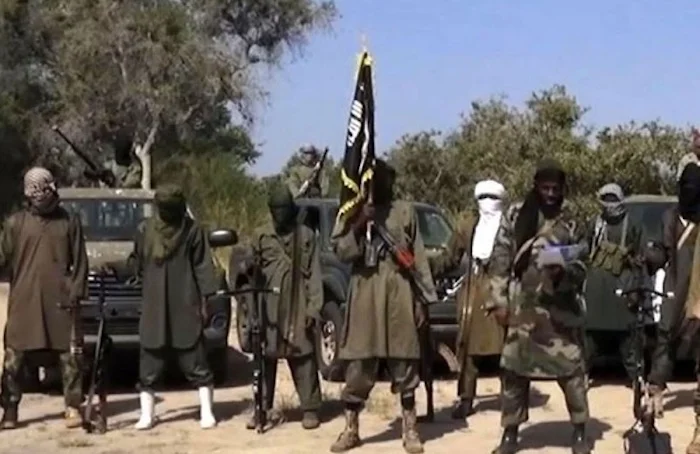Residents of Maiduguri, the capital of Borno State in northeastern Nigeria, have been enduring a complete power outage for more than a week following a suspected attack on transmission lines by militants. The incident has disrupted daily life, strained access to water, and brought many local businesses to a standstill.
According to local sources and the regional electricity company, the blackout began on January 26 after the Islamic State West Africa Province (ISWAP) allegedly destroyed power infrastructure just outside the city. This marks the third such sabotage in a single month, highlighting the persistent security challenges in the region.
Daily Life Brought to a Halt
Maiduguri, home to over three million people, relies heavily on electricity for both domestic and commercial activities. The prolonged outage has left residents searching for alternative means to earn a living and secure basic necessities.
Bukar Musa, a 27-year-old welder, shared that his business has been crippled by the lack of power. “It has been a whole week without light in the city,” he said. Musa has since taken on manual labour at construction sites, earning less than his usual welding income and spending a significant portion of his earnings on medication for work-related aches.
Similarly, Grema Umar, who once ran an ice-block vending business, said he is now considering begging to survive. Without refrigeration, his products have spoiled, and he has no funds to restart operations even if power is restored.
Water Scarcity Intensifies
The blackout has also deepened Maiduguri’s ongoing water scarcity problem. The city depends heavily on motorised boreholes powered by electricity to supply households and neighbourhoods. With the outage, many boreholes have been shut down, and those still operating rely on diesel generators, driving up costs.
Long queues have formed at the few functioning water points, where residents wait with buckets and jerry cans. Hajara Abdulkarim, a mother of five, reported that the price of a 25-litre jerry can has soared from 7 naira to 25 naira in just a week, placing further strain on household budgets.
Broader Humanitarian Impact
Maiduguri also hosts multiple camps for internally displaced persons (IDPs) who have fled violence in rural areas. While the camps have so far avoided the effects of the outage due to solar power installations provided by humanitarian organisations, the citywide blackout threatens to compound the humanitarian crisis if it continues.
Security and Government Response
The incident coincided with President Muhammadu Buhari’s unexpected decision to replace the country’s four top military commanders. This leadership shake-up follows sustained criticism over the government’s handling of Nigeria’s decade-long insurgency, which has claimed an estimated 36,000 lives and displaced around two million people.
Repairing the damaged lines has proven challenging, as militant attacks often target repair crews and army patrols in the area. The regional power company has stated that efforts are underway to restore bulk electricity supply, but no definitive timeline has been given.
The destruction of power and communication lines has been a common tactic for ISWAP and its rival Boko Haram, both of which have operated in the region since the insurgency began in 2009. These repeated attacks on infrastructure continue to destabilise the northeast, hinder economic recovery, and deepen the suffering of residents.






